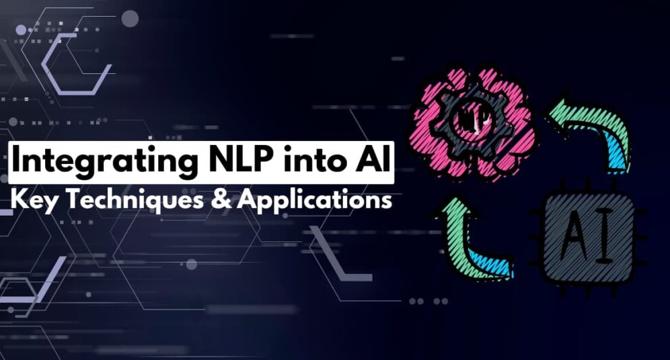Bigdataanalyticsnews
4w
17

Image Credit: Bigdataanalyticsnews
How to Use Natural Language Processing (NLP) in AI Projects?
- Natural Language Processing (NLP) empowers AI systems to interpret human language, enhancing interactions and data analysis.
- Businesses leverage NLP for customer support, search engine optimization, and workflow automation.
- NLP applications like chatbots, sentiment analysis, and text summarization simplify tasks and improve decision-making.
- A structured approach is crucial in implementing NLP for AI projects, involving use case selection, data preparation, model training, and integration.
- Identifying clear use cases and selecting appropriate tools are fundamental steps in NLP-driven projects.
- NLP tools range from libraries like NLTK and spaCy to cloud-based services such as Google Cloud Natural Language API.
- Data preparation includes collection, preprocessing, and handling unstructured data like Named Entity Recognition and Part-of-Speech tagging.
- Training NLP models involves choosing the right algorithm, optimizing performance, and integrating them into AI systems.
- Model deployment, evaluation, and continuous monitoring ensure accuracy and effectiveness in real-world applications.
- Best practices for NLP implementation include using high-quality data, optimizing model performance, and addressing multilingual and ethical considerations.
- NLP-powered AI solutions drive efficiency, automation, and improved user experiences when implemented effectively.
Read Full Article
1 Like
For uninterrupted reading, download the app